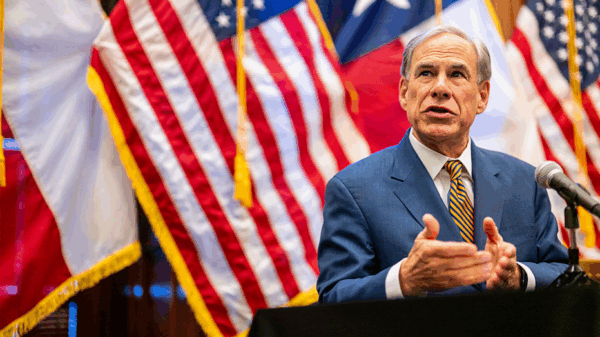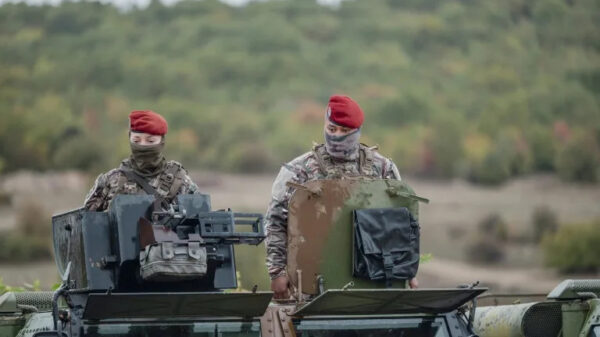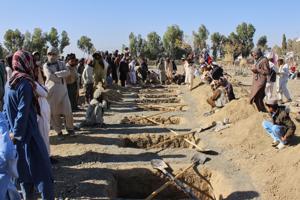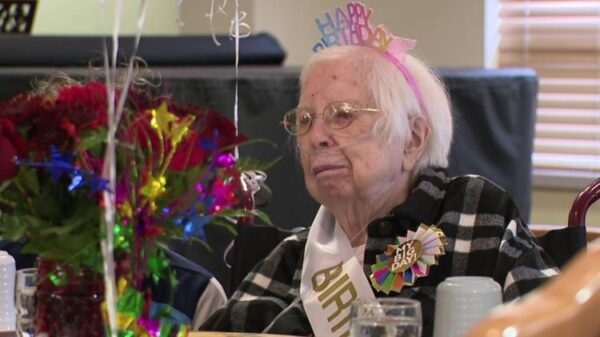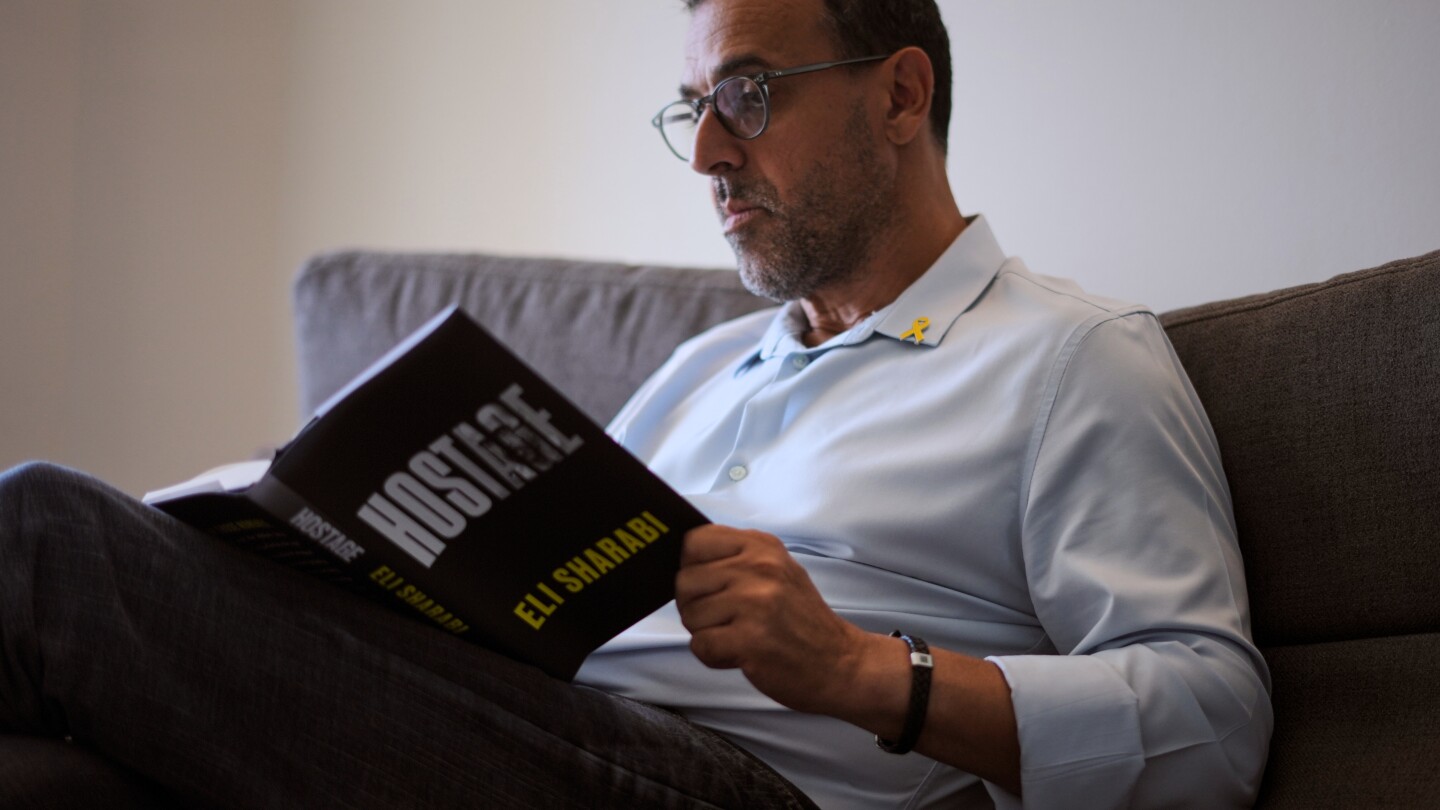UPDATE: Eli Sharabi, a former hostage of Hamas, is fighting urgently for the release of the remaining 48 hostages still held in Gaza, as Israel marks another grim anniversary of the October 7, 2023, attack that ignited war. Sharabi, who endured 16 months in brutal captivity, fears for his fellow captive Alon Ohel, whom he describes as an adopted son.
As of today, around 20 hostages are believed to be alive. Their plight is compounded by a humanitarian crisis in Gaza, raising intense concern among families and activists. The ongoing violence has claimed over 67,000 lives in Gaza, with many displaced and facing starvation.
Sharabi, now 53, was released in February and only learned of his family’s tragic fate afterward. His wife and two teenage daughters were killed at their home during the initial Hamas attack. “There can be no closure for me,” Sharabi stated, emphasizing the need to secure the return of all hostages, including Ohel and the remains of his brother, Yossi.
In a powerful memoir titled “Hostage,” released in Hebrew earlier this year, Sharabi recounts his harrowing experiences in the tunnels of Gaza, where he lived in squalor and starvation, surviving on moldy pita and often facing violence from his captors. “The most difficult thing was, of course, the starvation,” he told The Associated Press. “You can’t really imagine how hungry you can be.”
The hostages, including Sharabi, were often deprived of basic necessities while their captors feasted on humanitarian aid intended for civilians. Sharabi’s weight plummeted to 44 kilograms (97 pounds) during his captivity, a stark reminder of the dire conditions.
“Surviving is building from lots of small victories,” Sharabi remarked, reflecting on how he maintained hope and morale among fellow captives.
Amid escalating violence in the region, Sharabi has become a vocal advocate for the remaining hostages. His activism includes engaging with international leaders, such as U.S. President Donald Trump, and addressing the U.N. Security Council, as he presses for a resolution to this urgent humanitarian crisis.
Sharabi’s memories of the October 7 attack are haunting. He recalls the terror in his family’s eyes as he was taken from their home in Kibbutz Be’eri, which suffered the highest casualty rate during the assault. “I know I will need to walk through my home at some point, but I’m not ready yet,” he shared, indicating the emotional toll of revisiting such a traumatic event.
As the humanitarian situation in Gaza continues to deteriorate, Sharabi urges leaders to act decisively. He hopes the stark reality of his experiences will resonate with those in power, prompting them to prioritize the safe return of the hostages. “I want Alon to know that we are fighting like lions for his release,” he said, conveying his unwavering support.
Sharabi’s poignant message underscores the urgency of the situation as families await news of their loved ones. “You have the strength to survive this hell,” he addressed Ohel directly, instilling hope in a time of despair.
As developments unfold, the international community watches closely, hoping for a resolution that brings the remaining hostages home and alleviates the suffering in Gaza.

